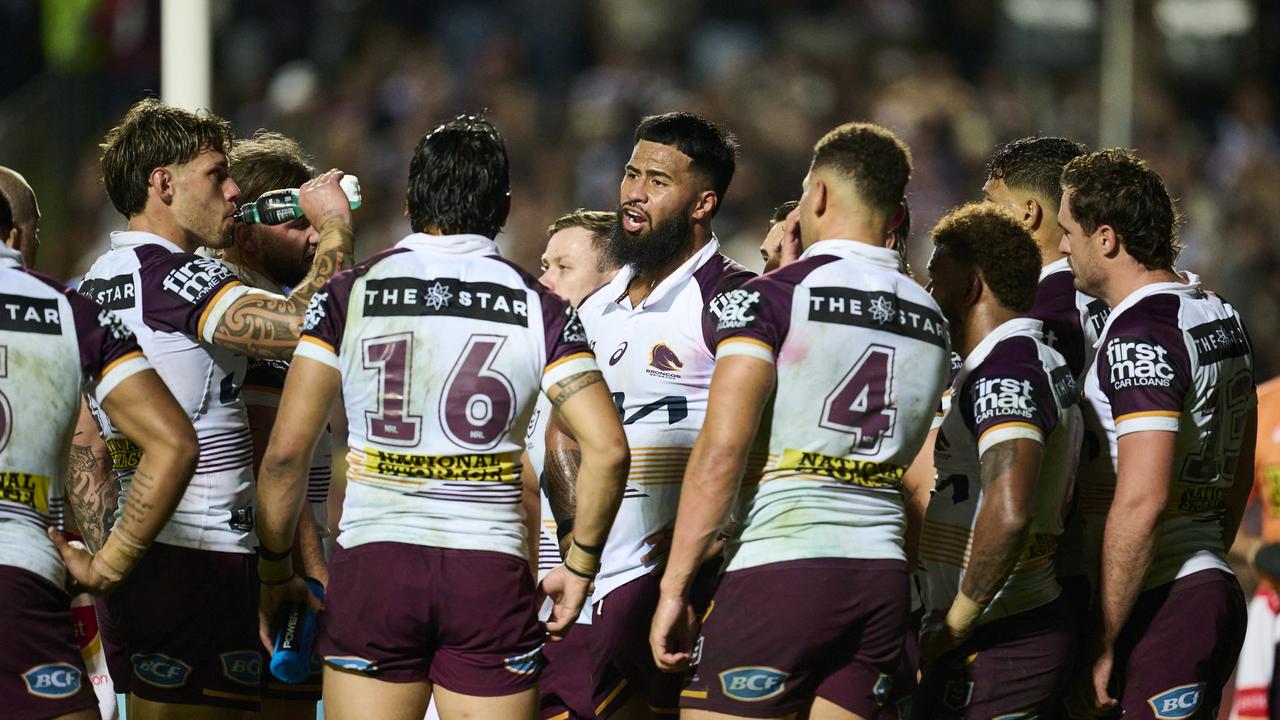Knicks Shock Decision: Why Did They Part Ways with Tom Thibodeau After a Decade of Success?

New York, NY – In a stunning move that has sent shockwaves through the NBA, the New York Knicks have officially parted ways with head coach Tom Thibodeau. The decision comes after a decade of service, a period marked by both significant progress and ultimately, unmet expectations. But what led to this abrupt separation, especially considering Thibodeau’s history with the franchise and the relative success he brought to a historically struggling team?
For those unfamiliar, Thibodeau’s connection to the Knicks runs deep. He practically grew up immersed in Knicks basketball, listening to games on the radio as a child and later making the pilgrimage from his Connecticut home to Madison Square Garden with his father. This wasn’t just a job for Thibodeau; it was a homecoming, a chance to lead the team he idolized as a boy.
When Thibodeau took over in 2020, the Knicks were a shadow of their former selves. Years of poor management, draft busts, and a general air of dysfunction had left the franchise languishing in the NBA’s basement. Thibodeau was brought in to instill discipline, rebuild the defense, and restore a sense of pride to the organization. And for a while, he did just that.
The 2020-21 season saw a dramatic turnaround, with the Knicks exceeding all expectations and making the playoffs for the first time in eight years. The following season was even better, as the team secured a top-four seed in the Eastern Conference. The energy around Madison Square Garden was palpable, and the city was buzzing with renewed hope for Knicks basketball.
However, the momentum began to fade. Injuries plagued key players, and the team struggled to maintain its consistency. While the Knicks managed to make the playoffs again in 2023, they were quickly eliminated. This past season, despite flashes of promise, ultimately fell short of the lofty goals set for the franchise.
So, why the firing now? The official explanation from the Knicks organization points to a lack of sustained success and a need for a new direction. But many analysts believe the decision stems from a growing disconnect between Thibodeau’s coaching style and the evolving demands of the modern NBA. Critics argue that he was too rigid in his rotations, too reliant on veteran players, and too slow to adapt to the league’s increasing emphasis on pace and space.
Furthermore, the Knicks' inability to develop younger players under Thibodeau’s tenure has also come under scrutiny. While he excelled at getting the most out of experienced players, questions remain about his ability to nurture and cultivate talent for the future.
Ultimately, the decision to move on from Tom Thibodeau was a difficult one, particularly given his deep connection to the franchise and the early success he achieved. But in the cutthroat world of professional basketball, sometimes a change is deemed necessary to pursue a championship. The Knicks now face the challenge of finding a coach who can build on the foundation laid by Thibodeau and lead them to the promised land. The search is on, and the pressure is on to deliver.
The question now is: Can the Knicks learn from their recent experiences and find the right leader to finally bring a championship banner to Madison Square Garden?






